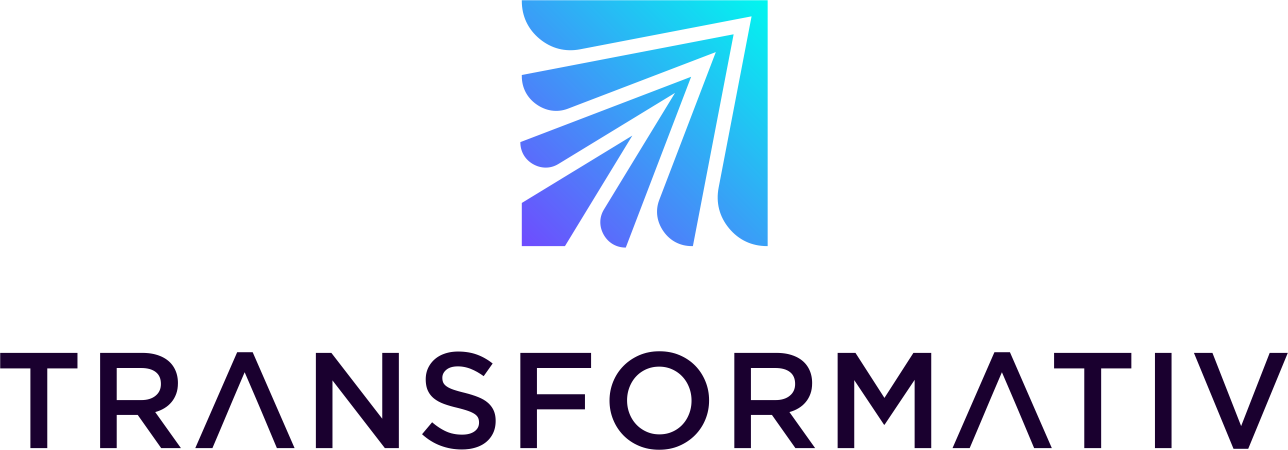Mark Bills, Managing Director
I started helping organizations use technology to improve their operating performance when I was in high school.
Our school received an early shipment of TRS-80 personal computers (yes, I’m dating myself) as part of an advanced learning program. When local businesses heard, they called the school to request help setting up their new computers and computerizing their work.
The program leader sent me to the local businesses (I set up all of the school’s computers and peripherals). The businesses paid me a generous hourly fee. They were pleased with my work. They hired me to do additional work. I had inadvertently become a technology consultant.
I loved it. I love meeting new people and learning about new businesses. I love solving complex problems. I love technology.
I majored in Electrical Engineering and Computer Science
I decided to learn everything I could about computers. As an undergraduate, I majored in Electrical Engineering, specializing in microcomputer-based design. As a graduate, I majored in Computer Science, specializing in domain-specific languages and language translation (including natural language processing).
I got an early break, getting hired as IT Director, reporting to the CEO
In 1987, just a year out of graduate school, I accepted a job as the head of IT for a California-based manufacturer ($125M in revenue at that time). Except for payroll and some limited staff functions, all their business processes were paper-based or required manual interventions. The CEO’s desire to “bring the company into the 21st century” required strategy, operations, technology, and staffing changes.
It was a difficult challenge. My team and I made several mistakes along the way, but we succeeded. I loved the work. It required that I learn about such things as agile manufacturing, activity-based costing, organization design, and value chains.
I decided to learn everything I could about business management. Between additional schooling, individual courses, self-education, and work experience, I have learned a lot. It is a passion that continues to this day.
I became a management consultant focused on technology-enabled business strategy
Seeking more of the kind of work I had just completed, I joined Index Group. I helped clients develop and execute technology-enabled business strategies. While working on a multi-client research project, our team came up with “reengineering." Our research was the foundation for the practice, made famous by Mike Hammer's HBR article Don’t Automate, Obliterate. After its launch, I worked on and served as a subject matter expert for several reengineering projects.
Soon after CSC bought Index (creating CSC-Index), I left to start my own firm. It provided Gold Collar Reengineering. The service transformed organizations in ways that created or enhanced competitive advantage. (Hammer's article, and CSC-Index’s practice at that time, focused on improving back-office functions, such as Accounts Payable and Insurance Application Processing.)
When the reengineering craze subsided, I returned to work that combined business strategy design and execution with technology development (including products and services).
Over the ensuing years, the execution portion of the work resulted in:
leading the development of five new business units for which I served as interim CEO until the unit was established,
managing several multi-billion-dollar innovation portfolios whose ROI and success rates improved under my management,
leading the development of many successful technology-driven products and services, some of which grew to more than a billion dollars in annual revenue.
I taught graduate business and technology courses part-time for more than 20 years
As a lifelong learner, I enjoy sharing my expertise and experience with others. I taught technology development courses at the University of Southern California’s Graduate School of Engineering for three years. I taught Executive MBA courses on business strategy and innovation management at Loyola University Chicago’s Graduate School of Business for 20 years.
Transformativ is my latest endeavor
The rise of AI and intelligent machines creates a host of complex strategic implications for organizations, the markets they serve, and society as a whole. I started Transformativ to help organizations grapple with these implications and successfully transform themselves into a place where humans and machines work together to achieve the organization’s goals.

